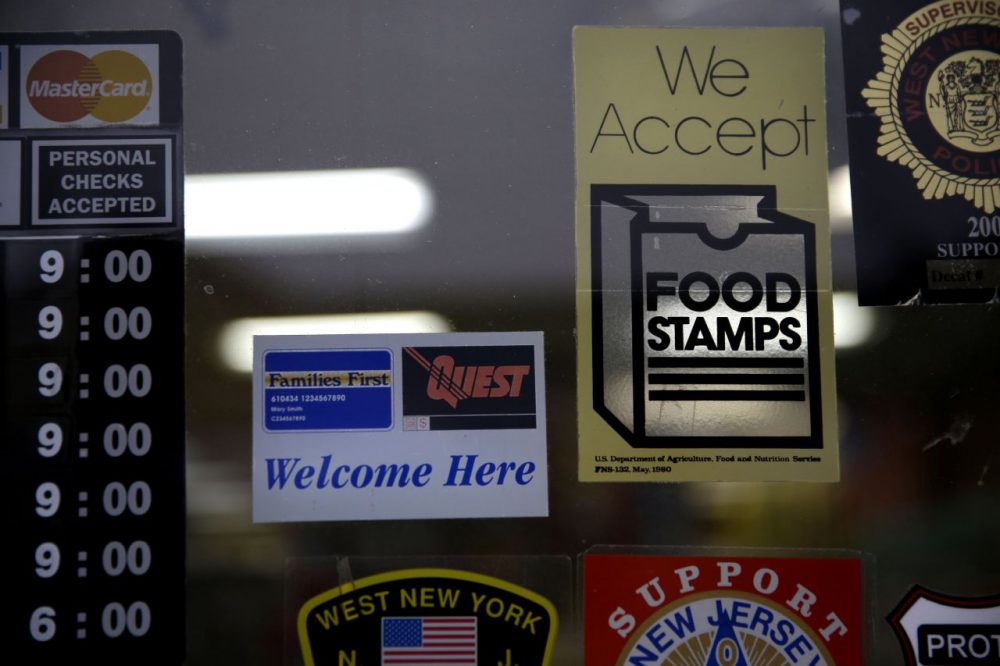Advertisement
Study: Food Stamps Can Help Cut Medical Costs

Among Americans with chronic illness, many often have to decide between buying food or buying medicine. That money crunch can incline people toward buying cheaper, unhealthier foods — which could just make them sicker.
Food stamps, on the other hand, can encourage chronically ill people to buy healthier foods and ultimately cut health care costs.
A new study, published in the Journal of the American Medical Association, quantifies those potential savings: It found that enrollment in SNAP — the food stamps program — can save about $1,400 a year on health costs per person.
“If you want to buy 100 calories, the cheapest way to do that is to buy soda and potato chips. It’s not to buy 100 calories worth of broccoli,” lead author Dr. Seth A. Berkowitz of Massachusetts General Hospital and Harvard Medical school said in a phone interview.
Dr. Berkowitz and his team gathered information from 4,447 low-income people who participated in two long-running surveys, the National Health Interview Survey and the Medical Expenditure Panel Survey. Over 40 percent were enrolled in SNAP.
The health effects of SNAP may go beyond food choices. The burdens of poverty and illness can weigh heavily, Berkowitz says, but SNAP might help mitigate these stressors and possibly help people better manage diseases.
“[Food insecurity] is associated with much more stress, higher levels of depression symptoms,” he says. “When people are under that amount of stress, managing diseases is very overwhelming and very hard to do. If you can stabilize the position that people are in, then people have a little extra bandwidth to attend to some of these other things.”
SNAP budgets often face potential cuts, including right now in Congress, and from President Trump.
Berkowitz warned against cutting SNAP funds, because short-term savings could lead to long-term health-care costs. For example, he says, a patient who manages diabetes effectively on SNAP may manage it less effectively if they’re worried about their next meal. This could lead to serious complications, and costs, later on.